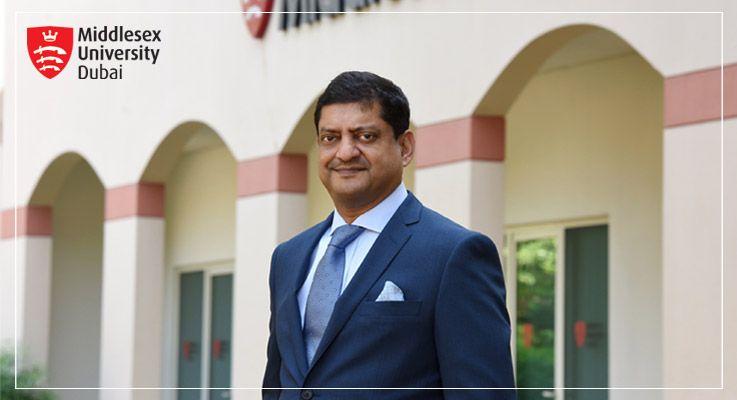
Are universities teaching students the skills they need to succeed?
- Monday, 3 September 2018
The role of universities in preparing students for the ‘real world’ has been a matter of important consideration for many years. In a rapidly changing world, how can universities ensure that most of what a student learns during their 3-4 years of undergraduate study is still be relevant when they graduate? What does a student joining a university today expect to learn, and will this learning enable them to succeed in life?
To succeed professionally in the world today, students need to develop both their technical skills and their broader capacities for creativity, cross-cultural understanding, critical thinking, leadership and other essential life skills. Universities do well at providing technical skills. A person who wishes to join the accounting profession should have some technical training of the basics of accounts at the university. A Computer Engineering student should be well schooled in the fundamental concepts of the discipline. To think out of the box, one must first know what’s in the box and universities do well in providing the technical skills so that the student can quickly learn and adapt to specific needs of the job they are hired to do. Even though the fundamental concepts are the same, there will be a difference in what is taught in the classroom and that which is practiced in the real world. Universities must bridge this gap by providing their students with opportunities for experiential learning and capacity development via internships, professional certifications, and industry interaction.
Good universities also support the technical and disciplinary-focused learning by embedding within their curriculum learning objectives focused on the development of essential analytical and research skills, critical thinking, cross-cultural understanding, creativity and effective communication. Many disciplines are fast evolving, and concepts frequently change. Therefore a university education that instills the ability of graduates to be lifelong learners through the development of these critical skills will enable students to adapt and evolve along with the world.
Universities provide a learning environment that supports the development of many of the soft skills necessary to succeed in life. Students gain time management and prioritization skills through the need to meet assessment deadlines and make the daily decisions of attending and prioritizing attending class or sitting in the canteen with friends. The university environment provides a space for young adults to learn to be responsible for managing their own time. Students learn to deal with different personalities, cultures and working styles through group work. The importance of how to work in a group is an essential life skill, especially in the modern workplace.
Effective communication and negotiation skills are also developed at the university by students through their interactions with their teachers and peers. Making a presentation in front of classmates provides a student with a ‘non-life threatening’ experience to develop their public speaking skills. Outside of the classroom, universities offer a variety of co-curricular activities that students can participate in to enhance these skills. The participation in these sports and cultural activities further enhance many of the skills outlined above, as well as help students, learn to be self-confident, to be level-headed after successes, and to learn from failures.
In their book How College Affects Students, an award-winning review of thirty years of research on the impacts of college on students, Ernest Pascarella and Patrick Terenzini found that attending university can enhance the psychological development of students. Further, Students develop improved cognitive skills, verbal and communication competencies, analytical abilities, and are open to different political, social, and cultural values and attitudes.
Further studies have shown that not only do earnings increase with the level of education but also the ability to secure new employment during times of economic downturns also increases. Universities that can provide the technical and soft skills to their students are preparing their students for success in life, both professionally and as well-rounded individuals. At Middlesex University Dubai our education philosophy is to provide our students with a complete student experience that will transform their potential into success.



